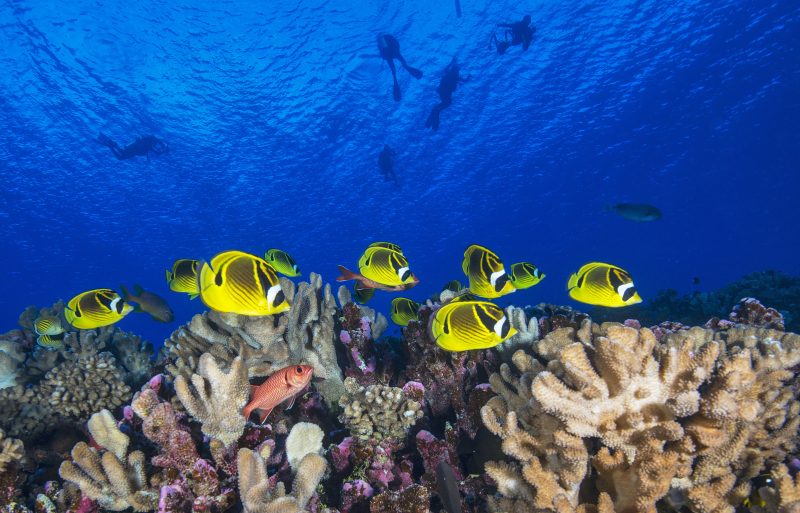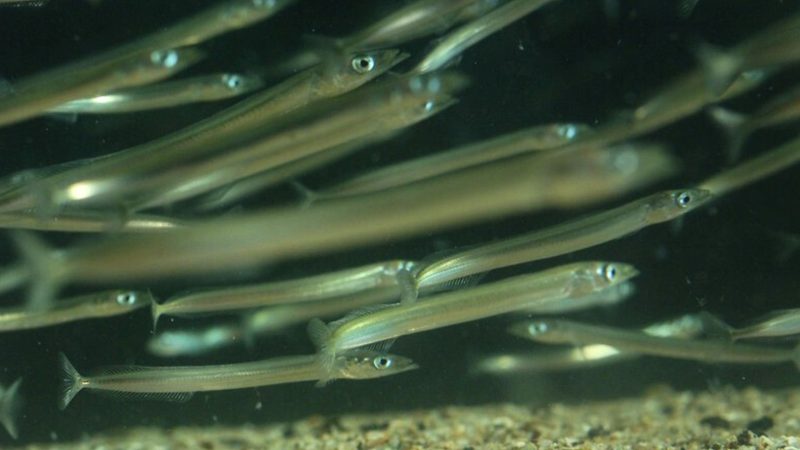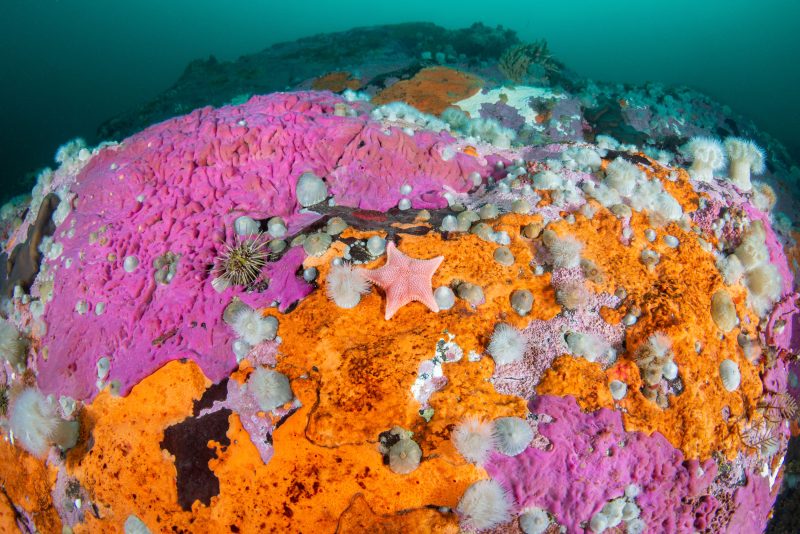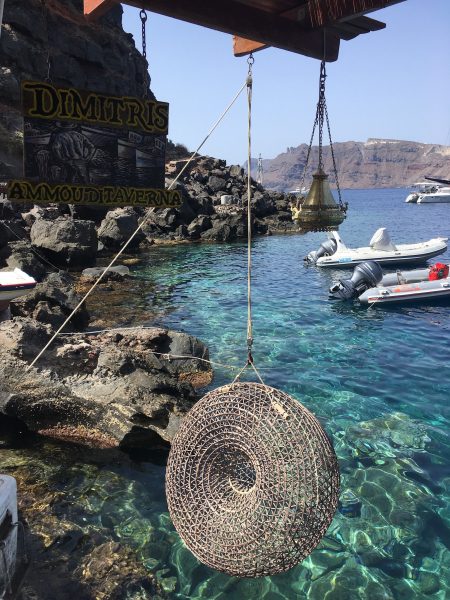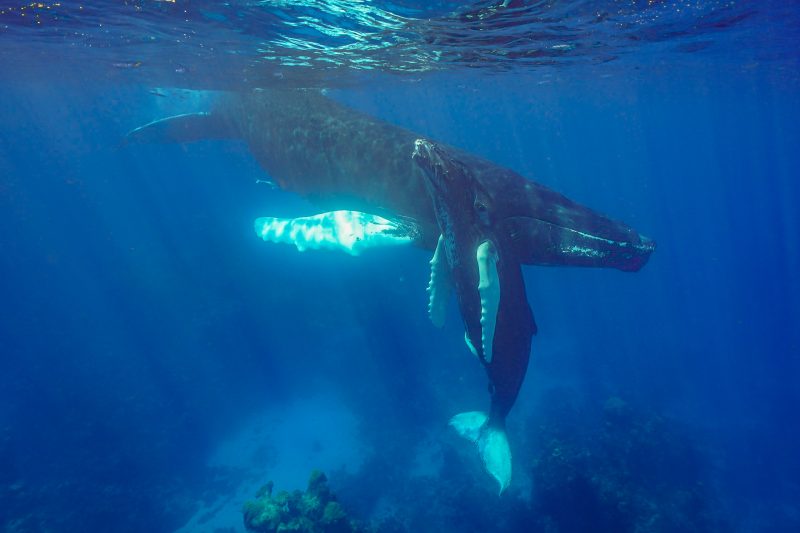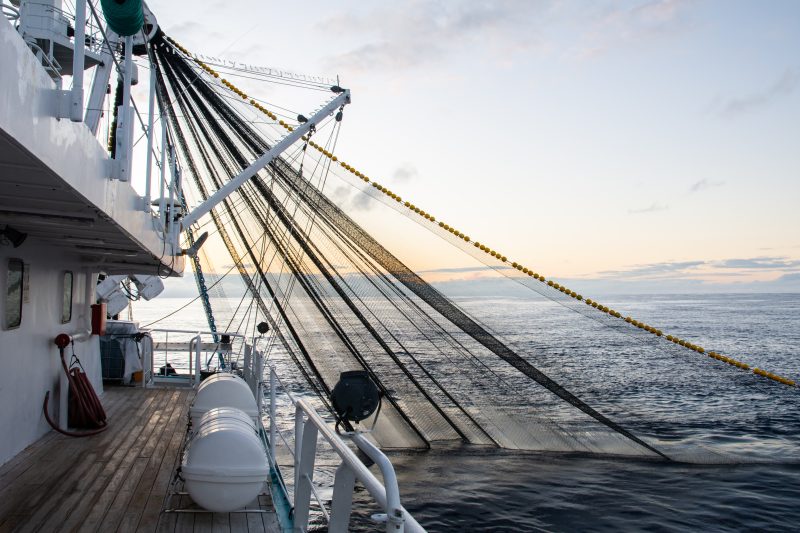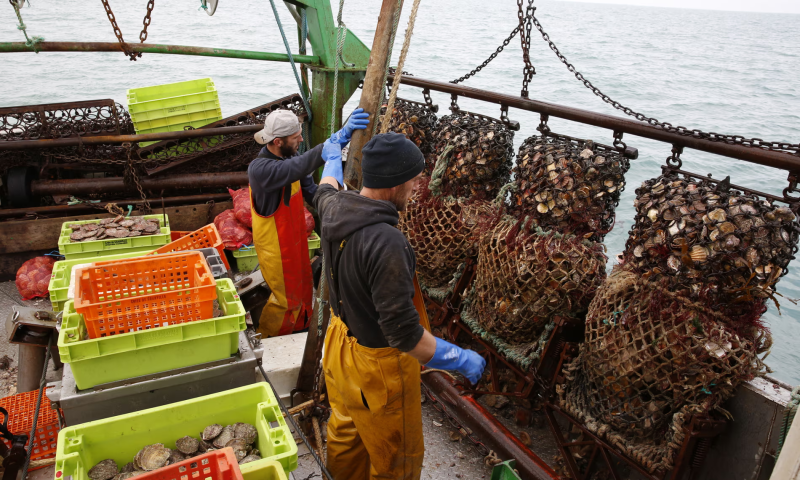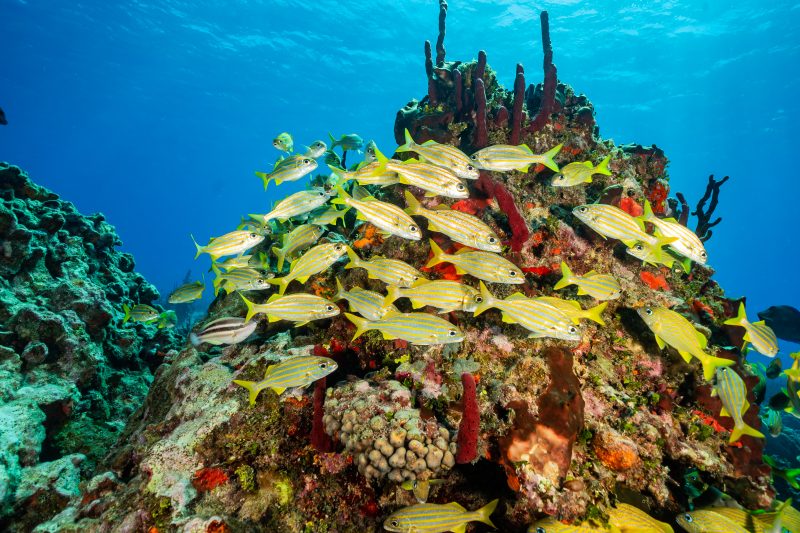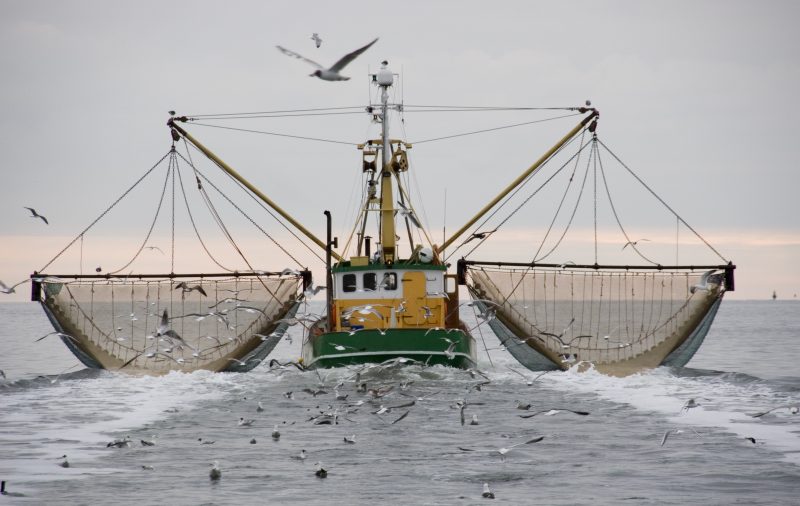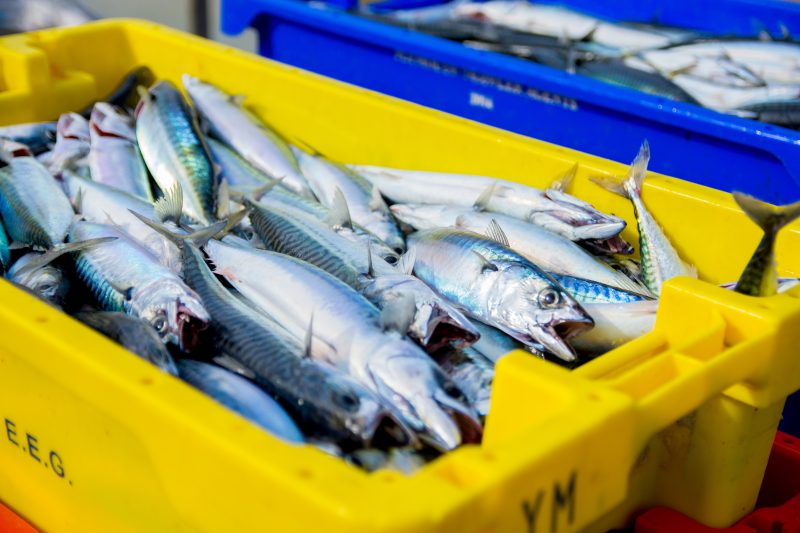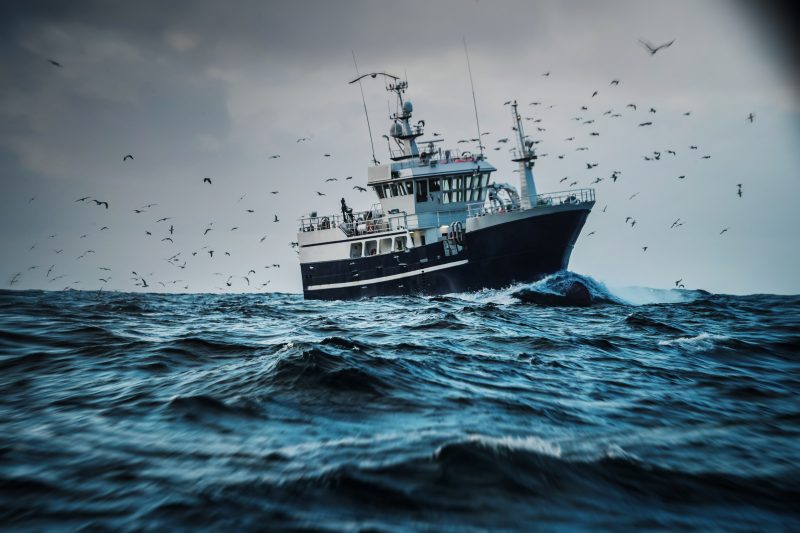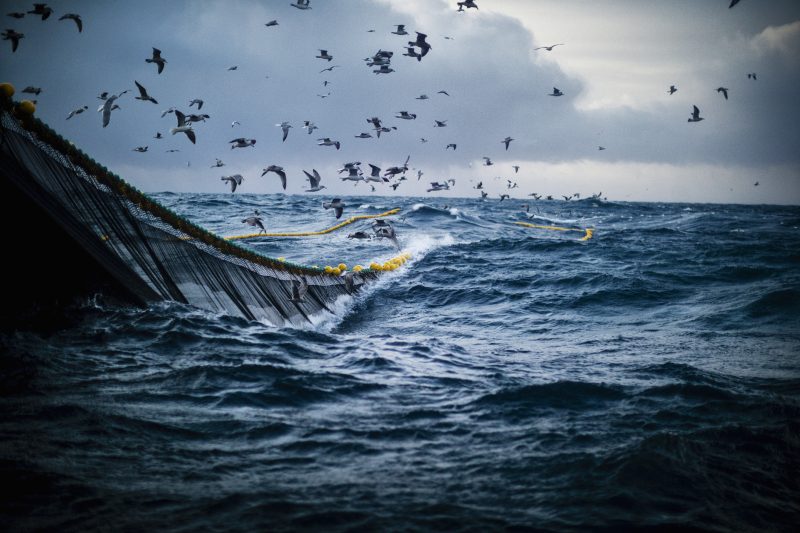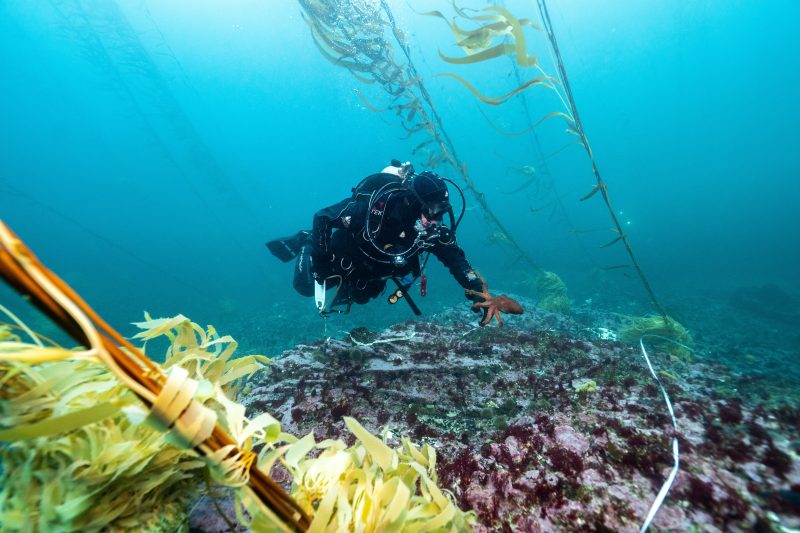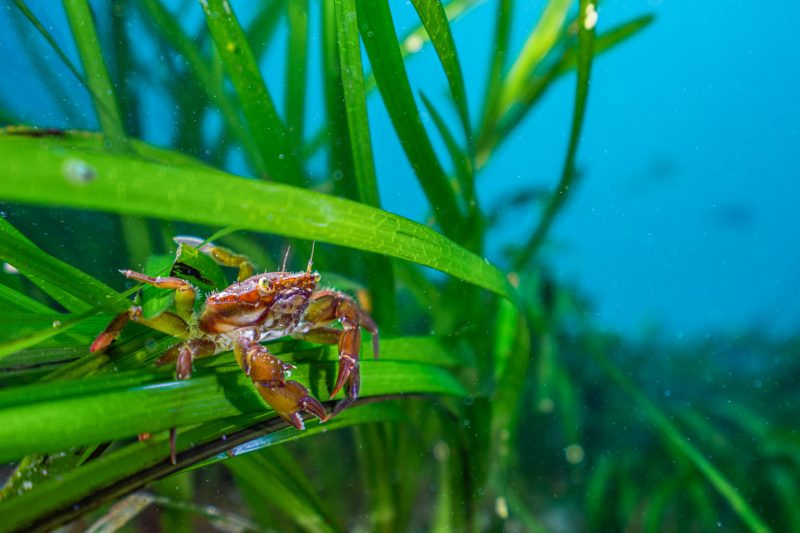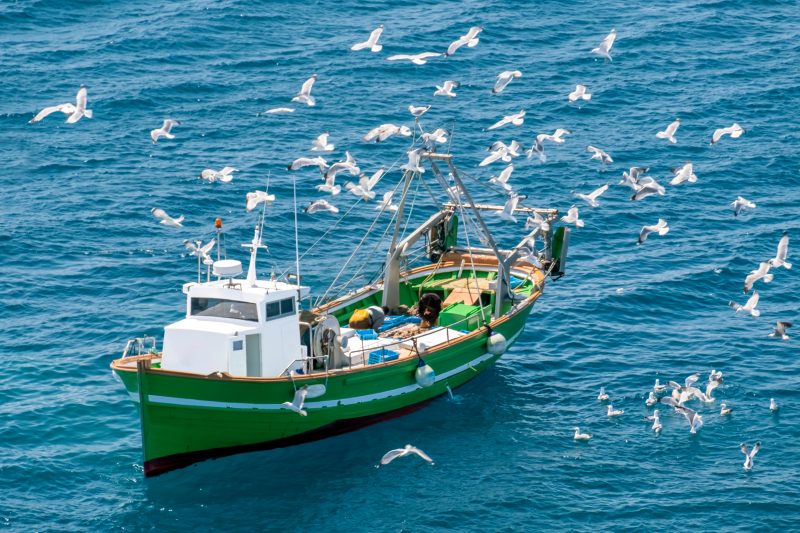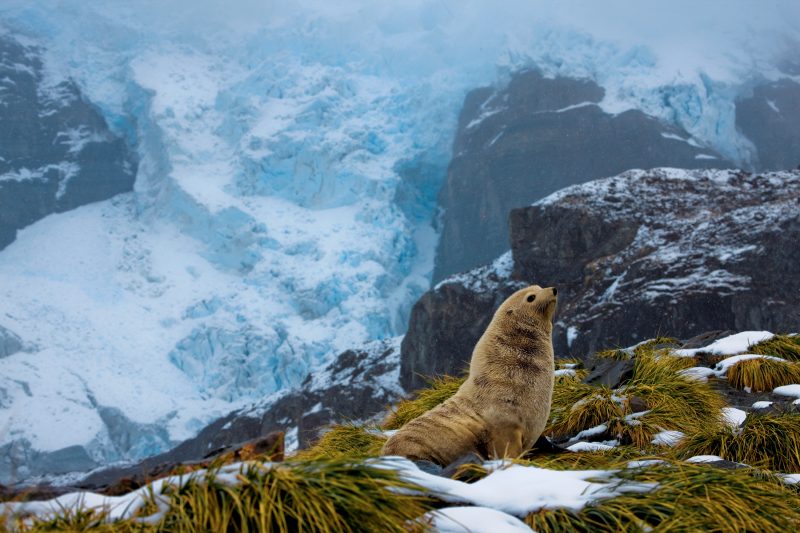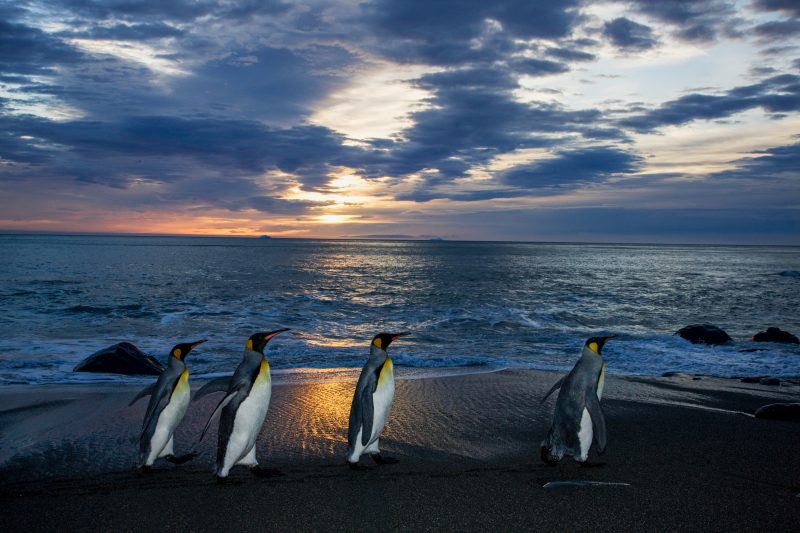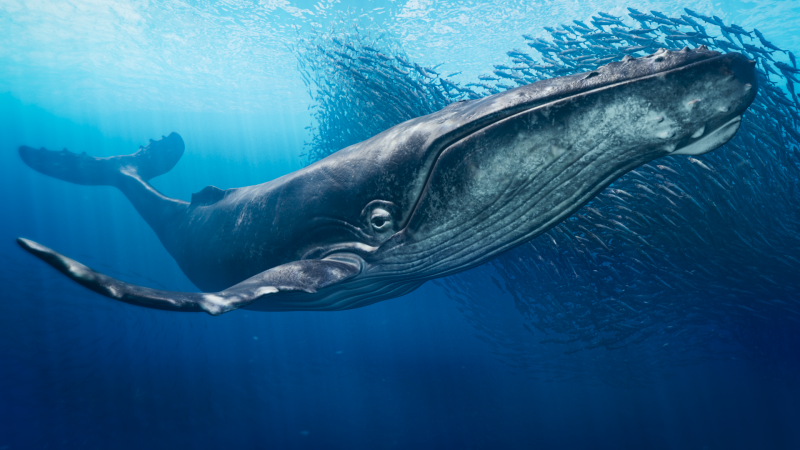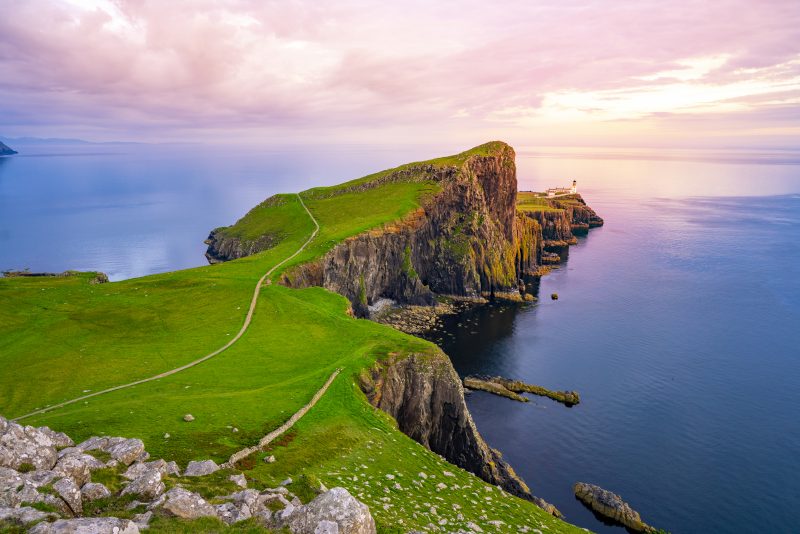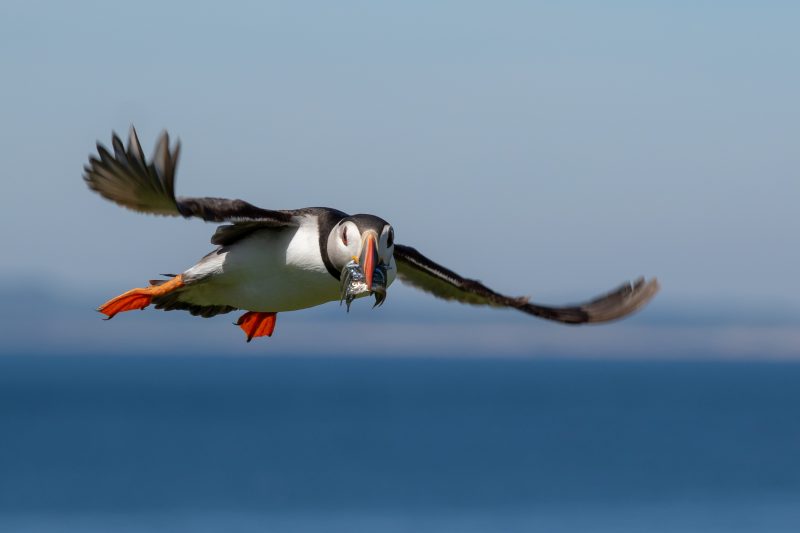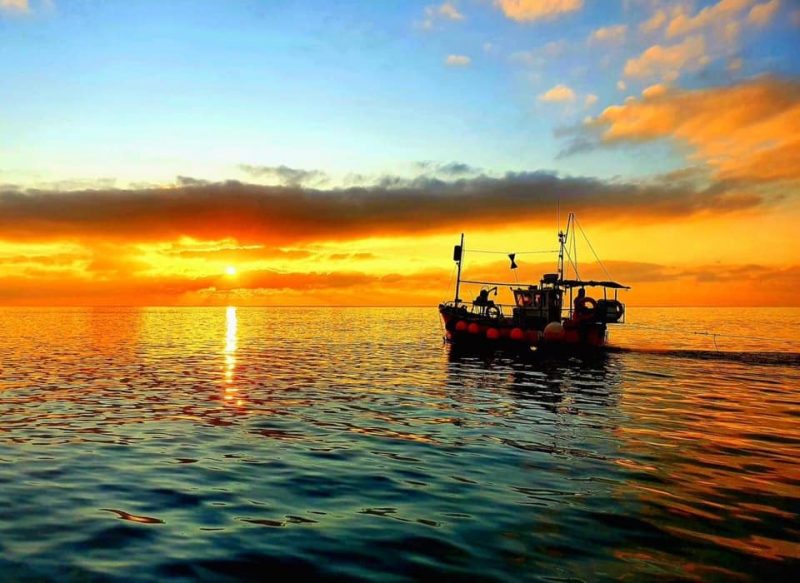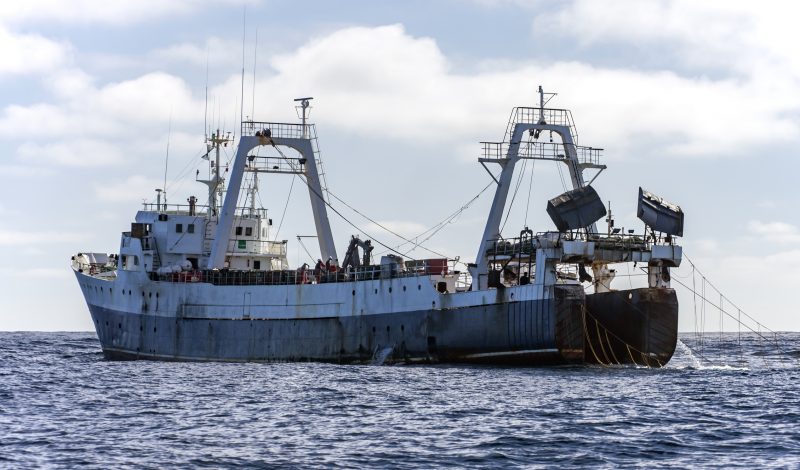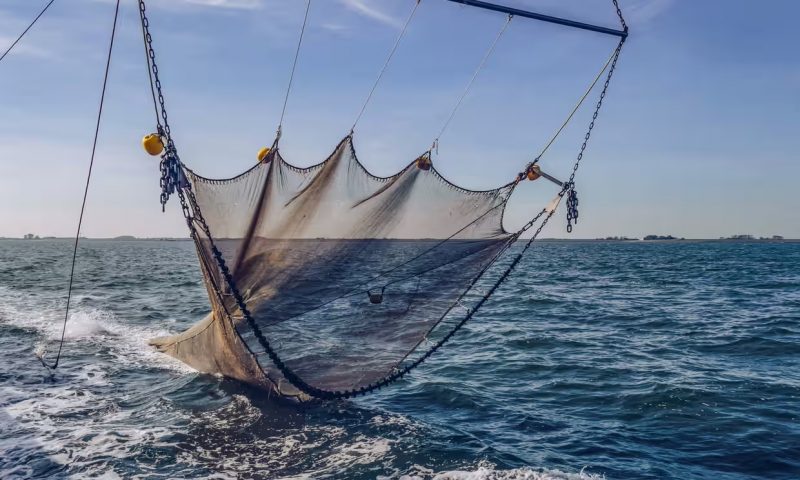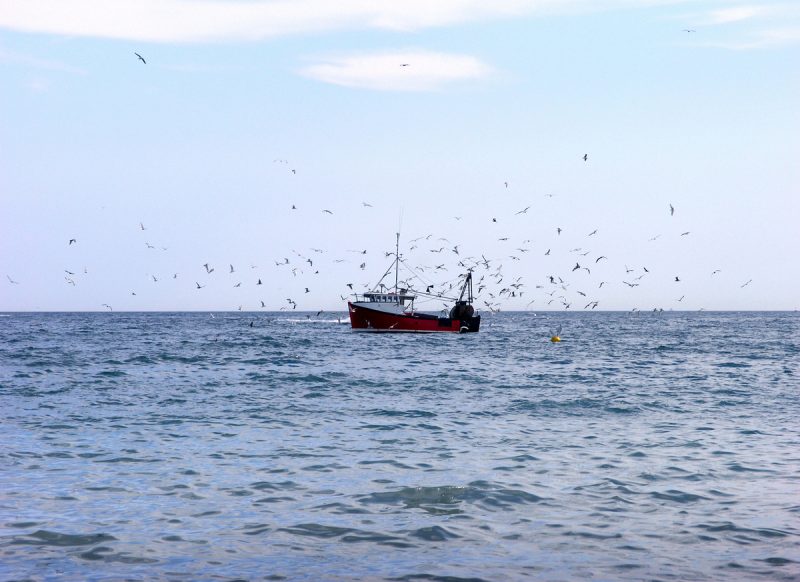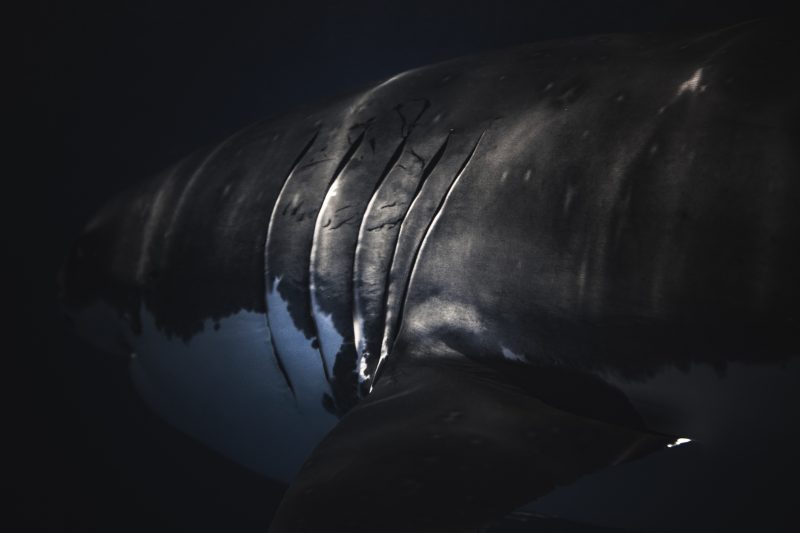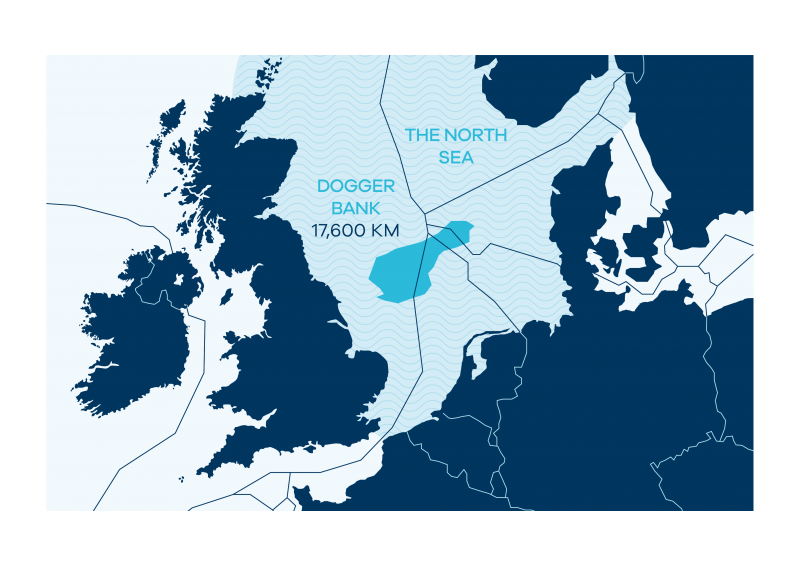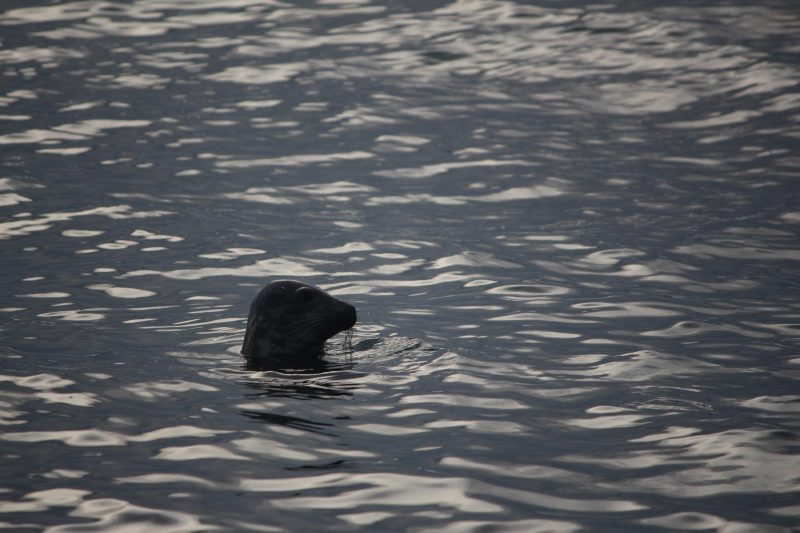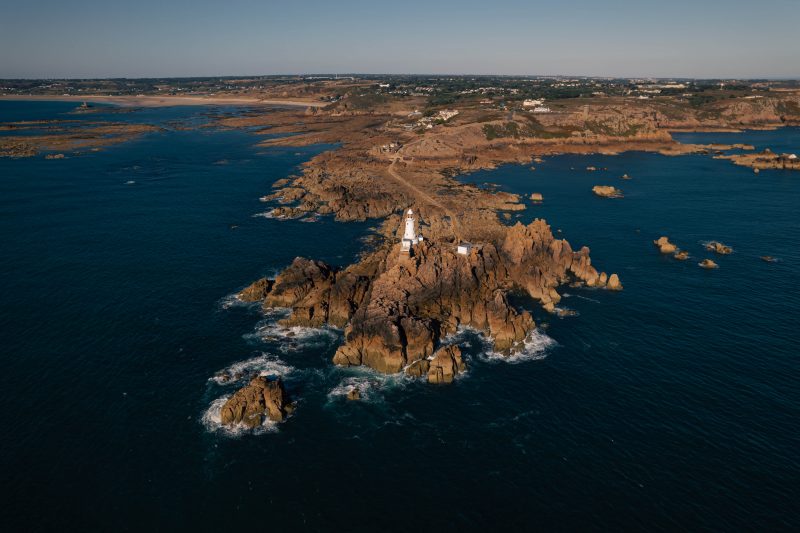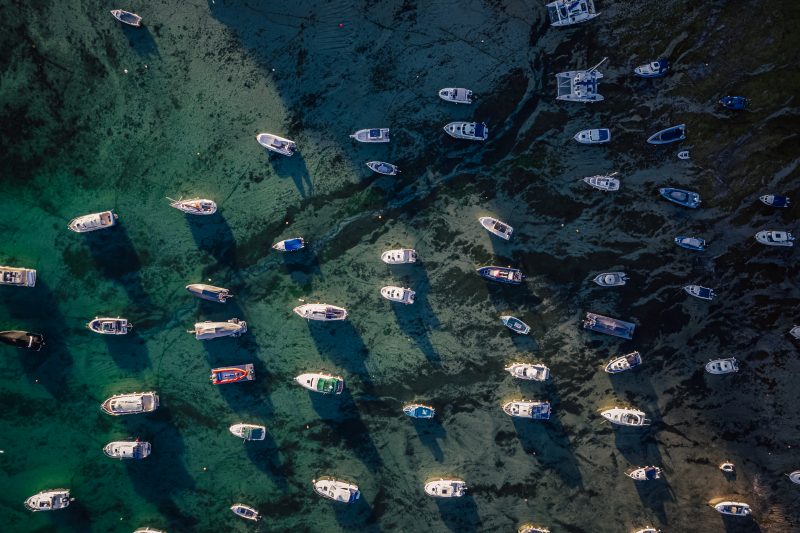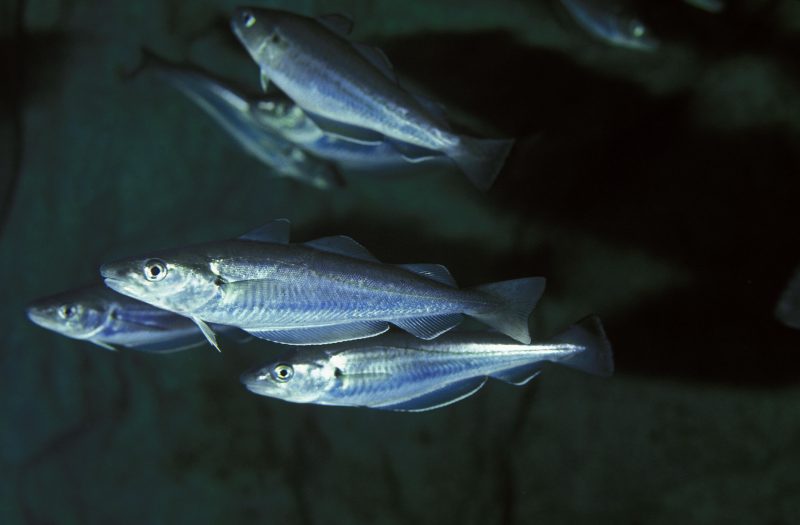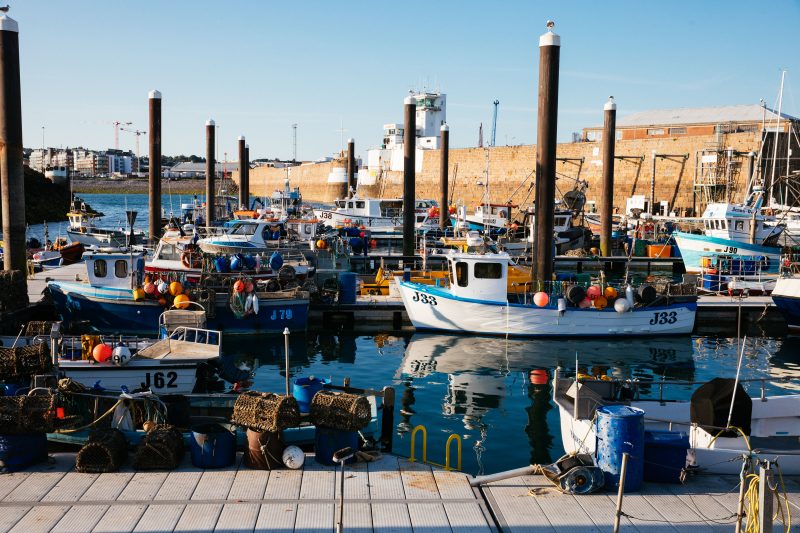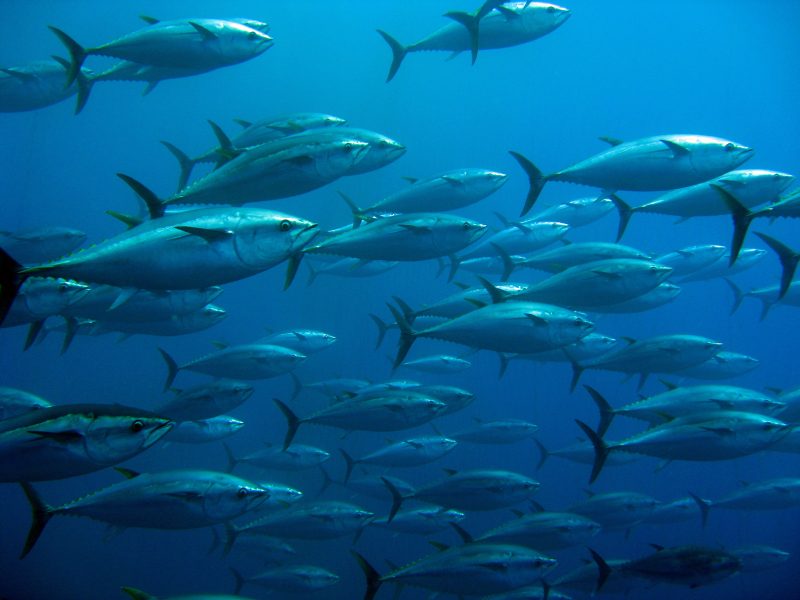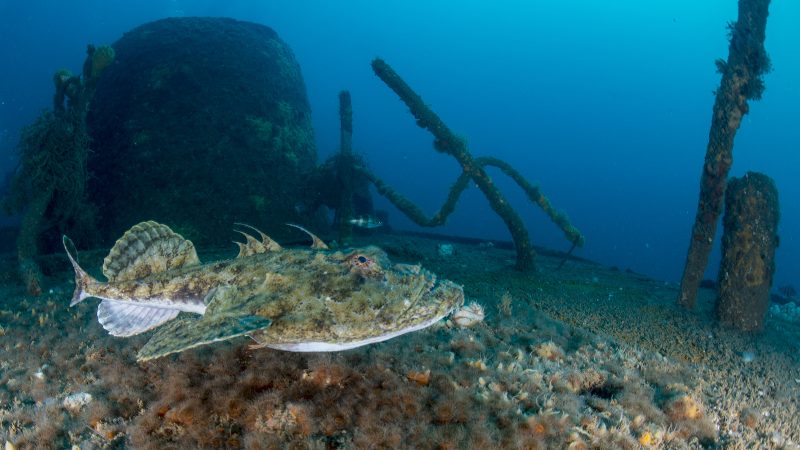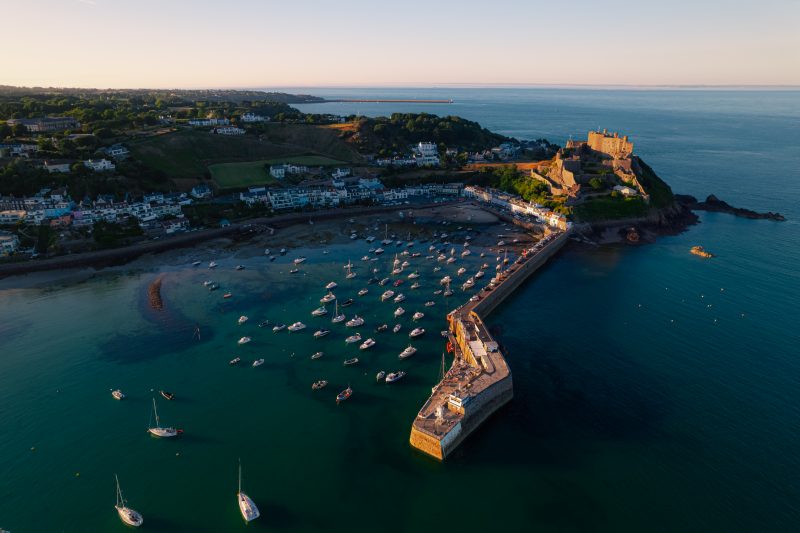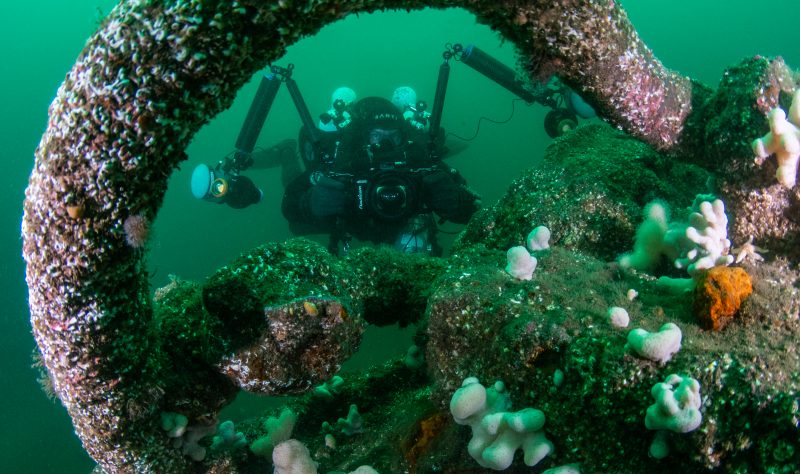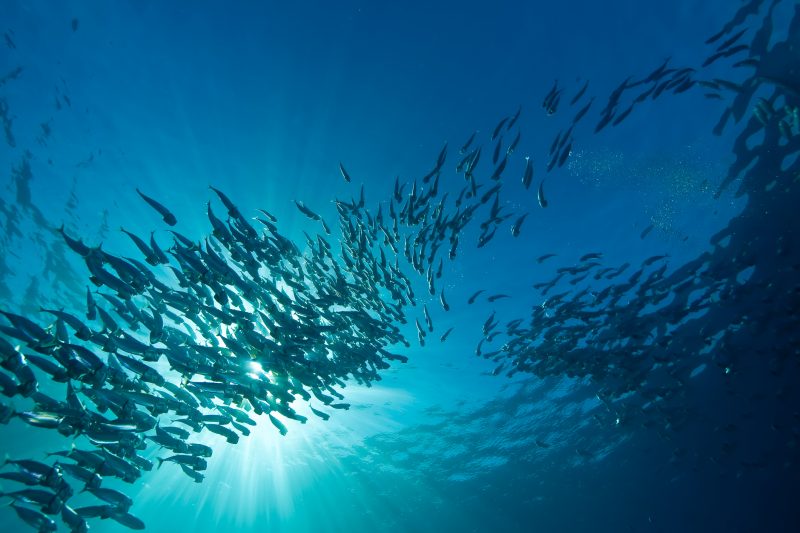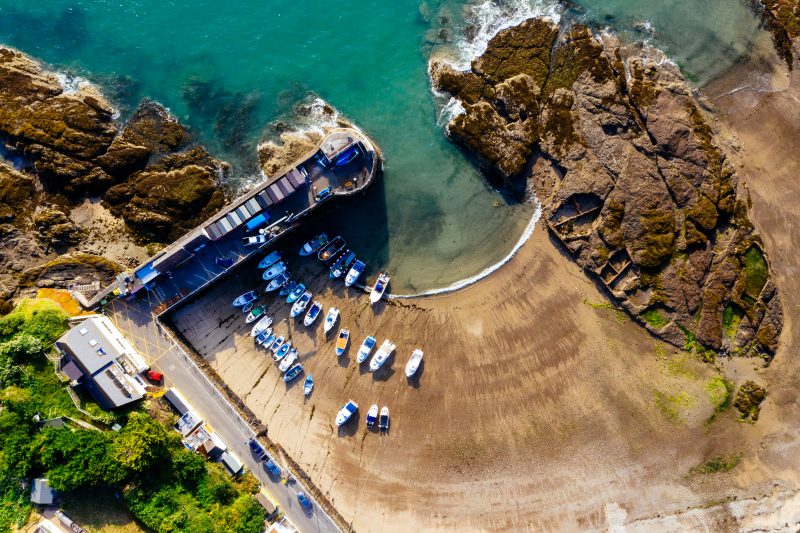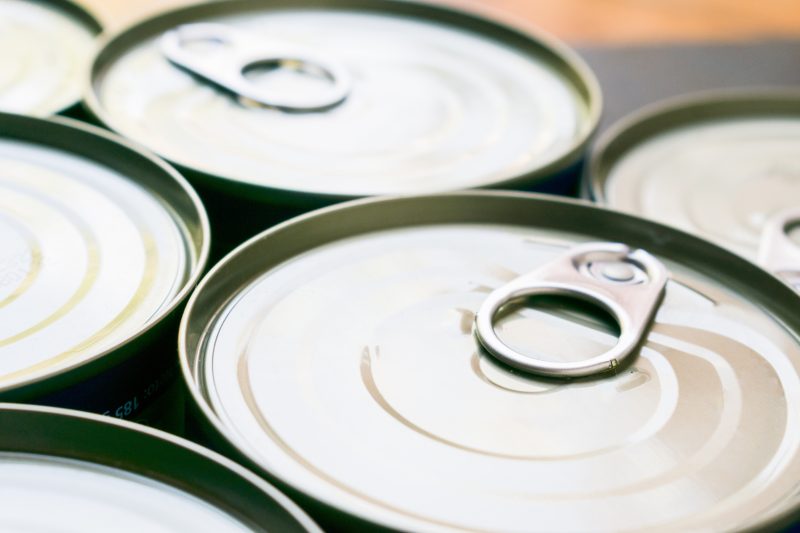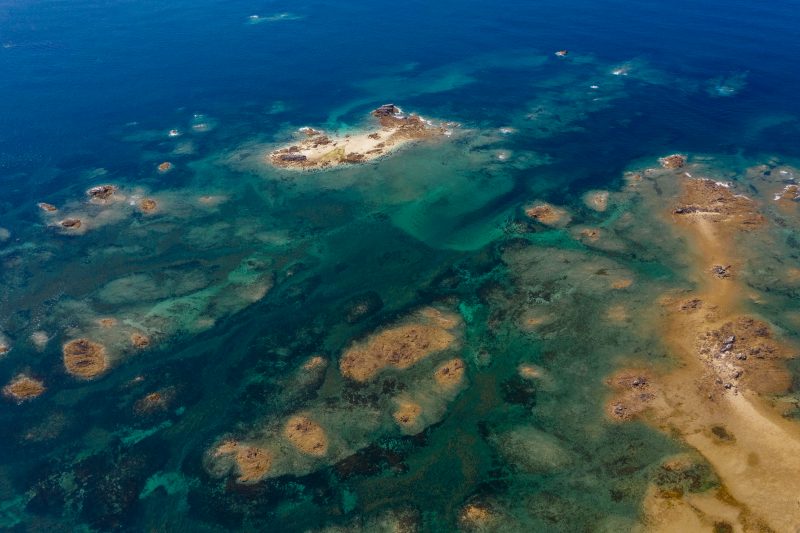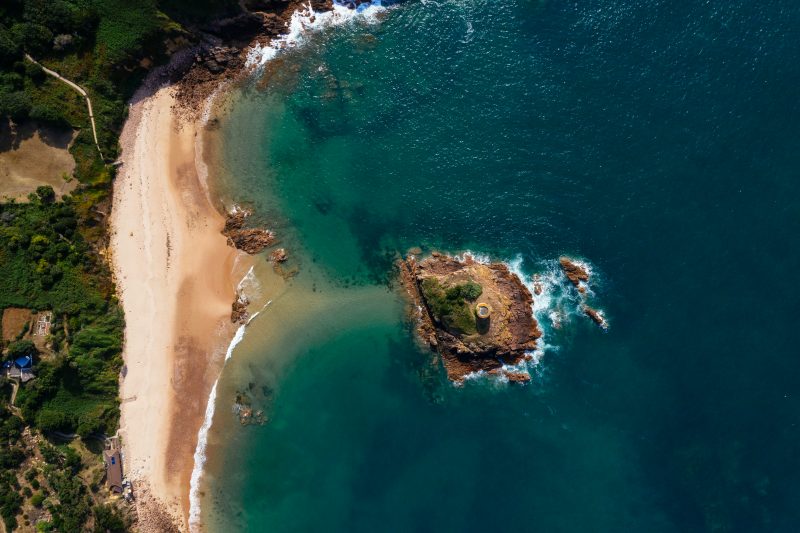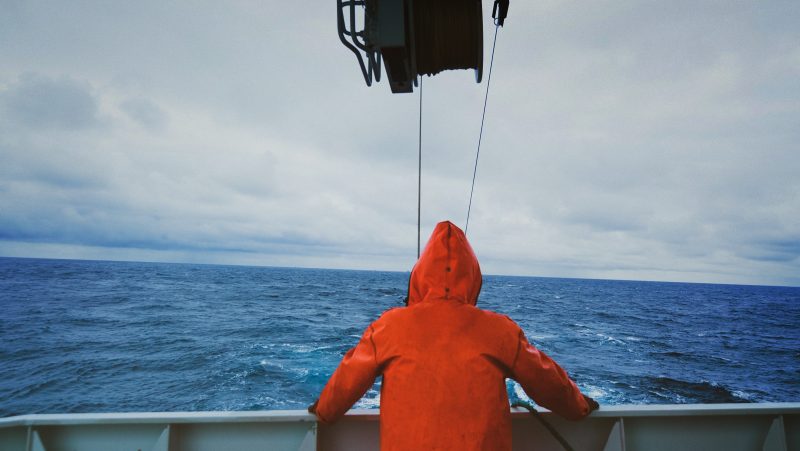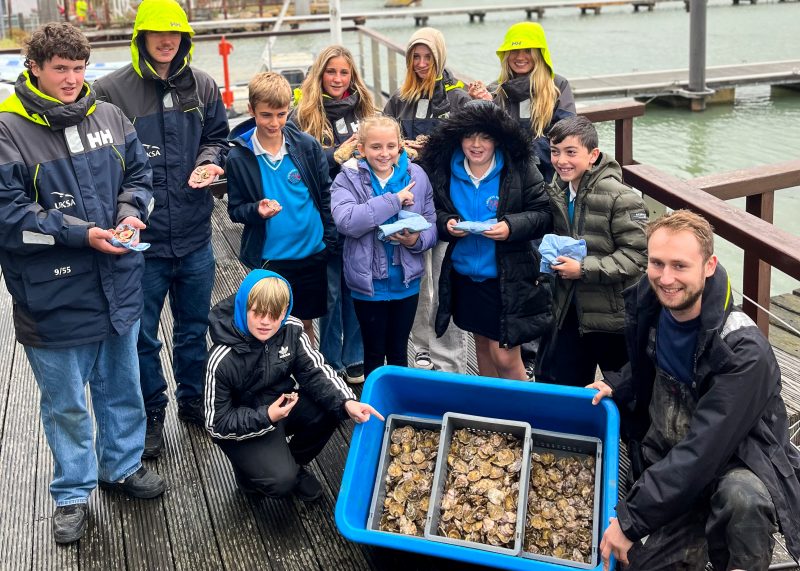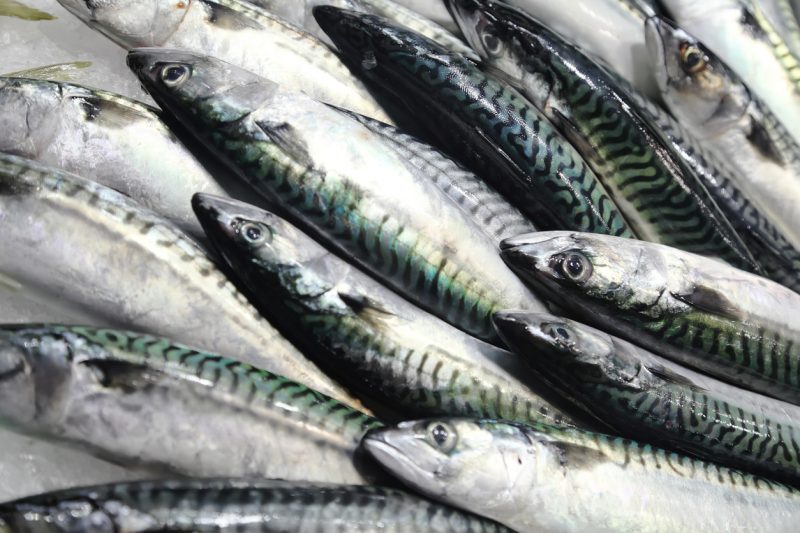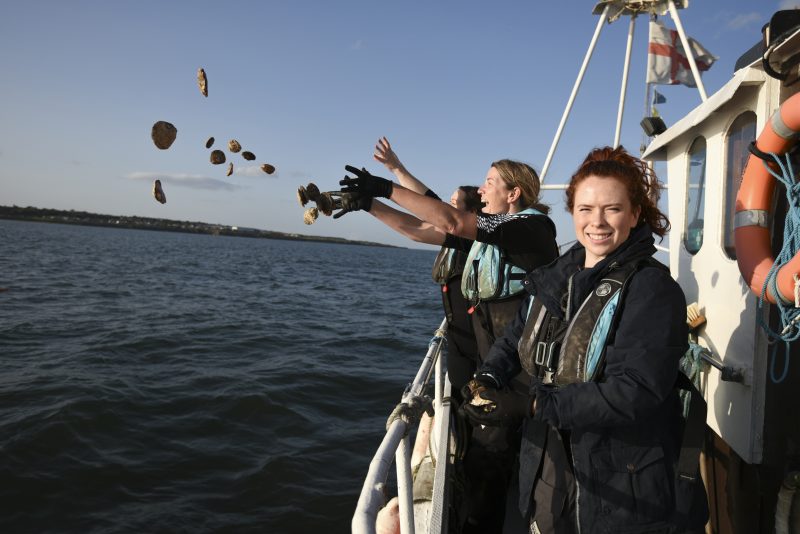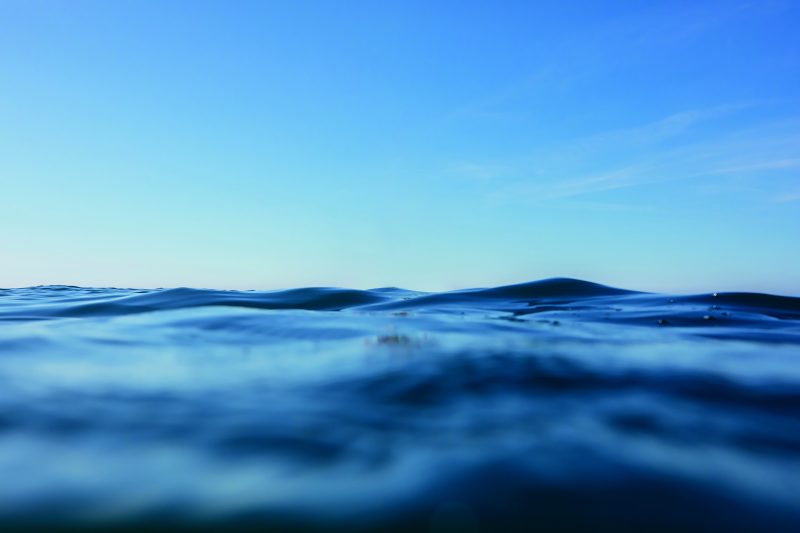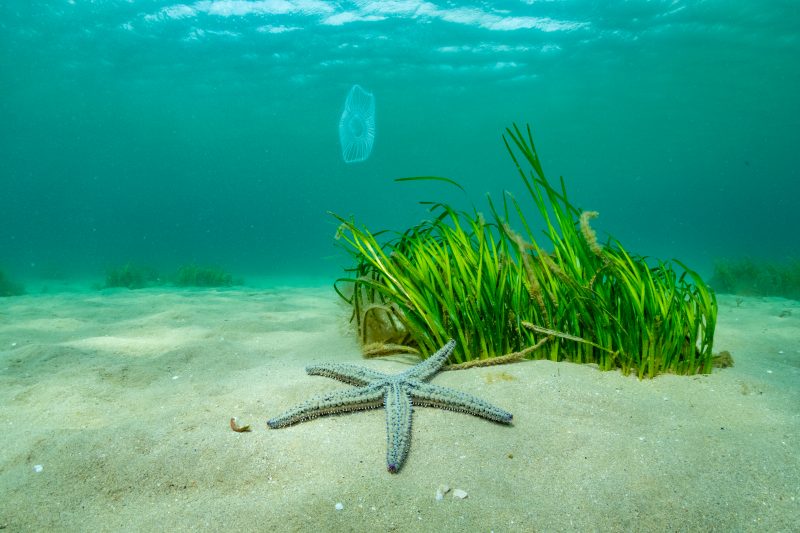Vancouver. A depressing but strangely familiar revelation came in a day of presentations by Canadian government agencies and conservation groups to a task force of the International Union for the Conservation of Nature (IUCN) who are discussing a new set of global conservation guidelines. The present Trudeau administration has the bold aim of protecting 5 per cent of its waters by the end of the year and 10 per cent by 2020. This is an attempt to do a fast catch up after minimal progress under the previous Harper government. What startled the assembled international experts from IUCN was to hear that commercial fishing was so far prohibited in less than 1% of Canada’s Pacific waters and was allowed in all or portions of 160 of 161 MPAs including the 95 assigned IUCN categories (such as 1, II) requiring the highest levels of protection. In these areas in any other parts of the world only science would be permitted, but in Canada, they were faithfully listed but commercial fishing of up to 21 types was permitted. It became clear that Canada was likely to be proposing all sorts of new MPAs or new Conserved Areas in the course of the year, as part of a joint federal, province and First Nation exercise, but again its almighty Department of Fisheries and Oceans did not necessarily intend to prohibit commercial fishing therein.

This was the case even in the many protection zones proposed and comprehensively mapped and described by First Nations and the province of British Columbia under an $8m project funded by the Gordon and Betty Moore Foundation, where the best are still fished despite strong evidence that the best MPAs around the world do not permit fishing. Many outsiders to Canada began by believing that the wrong IUCN categories had been chosen for some of these areas, but as the day went on it became clear that exactly the right categories had been chosen, it was just that the right management was lacking, probably because of obduracy in the past by the Department of Fisheries and Oceans (DFO), which has a remit to promote fishing, in regulating fishing properly. Many experts agreed that the First Nations’ and British Columbia’s approach had some merit: it accurately described the areas’ importance and stated a long-term ambition of protecting them which had put the federal authorities on the spot. There are encouraging signs this may be working.
Dinosaurs off Vancouver
This discussion – which had many analogies to how things are in the United Kingdom – would have been more depressing if it was not for the announcement two days later by Minister Dominic LeBlanc, present Minister of Fisheries and Oceans, of protection for the Glass Sponge reefs off the north Pacific coast. These fragile 9,000-year-old reefs were under direct threat by fishing trawlers which are estimated to have already destroyed 50 per cent of them. The reefs grow to over eight storeys high and cover 1,000 sq km of the ocean floor. The ancient reefs are the only large-form, living examples of their type in the world. Fossilized remains of the past reef system today form giant cliffs that stretch across much of the European mainland from Russia, through Germany, France and all the way to Portugal. Glass sponges were thought to be extinct until they were discovered by Canadian scientists in 1987 in Hecate Strait and Queen Charlotte Sound, off the North coast of British Columbia. Dr Manfred Krautter, a paleobiologist and glass sponge expert from Stuttgart university, said: “200 million years ago, there were giant glass sponge reefs that stretched across the prehistoric Tethys Sea, in what is now Europe. The reefs disappeared about 40 million years ago. We thought they were extinct, so finding living glass sponge reefs was like finding a herd of dinosaurs on Vancouver Island, it was a big surprise!” Like coral reefs, the glass sponge reefs provide important habitat for many ecologically and commercially important species, like spot prawns, rockfish, and sharks. Dr Krautter surveyed them in 1999 and again two years later and discovered large pristine reef areas had disappeared owing to trawling activity and that the seabed where they had been was just a desert.


The protection of the reefs has been the result of a 16-year campaign by the Canadian Parks and Wilderness Society. “We are overjoyed to see these reefs finally get the protection they need as Canada’s newest Marine Protected Area,” said Sabine Jessen, CPAWS’ National Ocean Program Director. “The reefs are an international treasure, they are globally unique, incredibly important, and deserving of strong protection so that they can remain a source of awe and wonder for generations to come. Glass sponges are as fragile as they sound. They have the consistency of a baked meringue or prawn chip, and are very easily damaged.”


Initially, the proposal for the MPA did not prohibit trawling from happening right next to the reefs, putting the reefs at risk from further damage. After receiving thousands of letters from Canadians, as well as a letter from more than 40 international marine scientists, all demanding better protection of the reefs, the government enhanced protection measures. The MPA will now prohibit all bottom contact fishing activities from occurring within 200 metres of the reefs, until it can be proven they are not harmful, and will implement more stringent measures for the midwater trawl fisheries.
Canada’s latest MPA has been hard-won, but won nonetheless.

